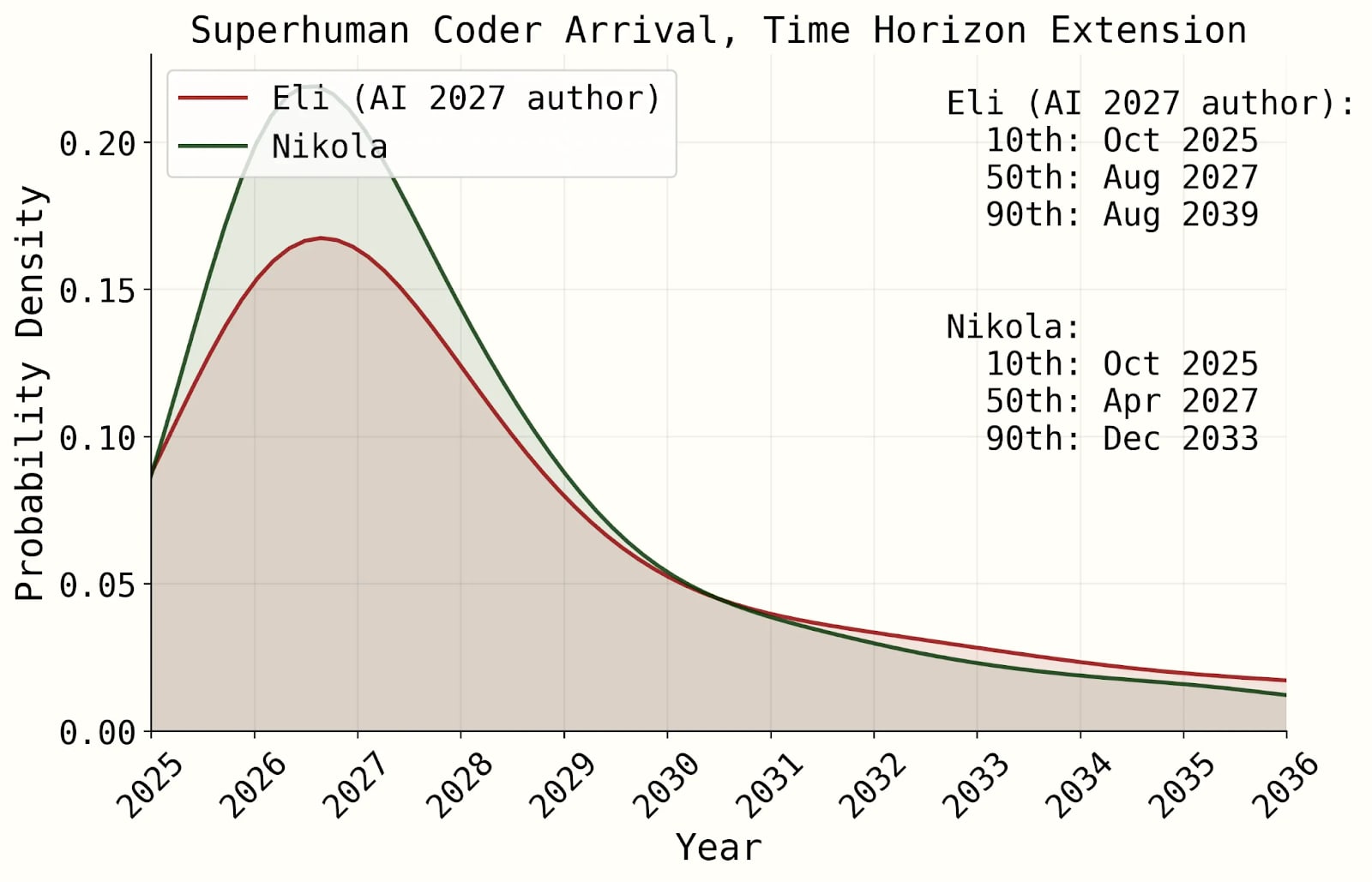I went vegetarian in college, and had wanted to go vegan ever since I read Julia Galef's article on why eating eggs may kill more animals than eating meat. But I was nervous about the potential health consequences of going vegan, and a lot of the guides to going vegan made it sound like a ridiculous amount of work. Some guides seemed to assume you loved spending lots of time cooking. Or they'd recommend other things I just couldn't see myself doing, like eating 6 cups of leafy greens per day for calcium. (6 cups may not sound like a lot, until you go to the grocery story and realize the big bags they sell there are only 2.5 cups. Try to imagine yourself eating two or more of those bags every day.)
Eventually, though, I worked out a diet plan that would be both healthy and easy to follow. Cooking effort is minimal; everything can be made with a microwave and rice cooker. I don't claim the following diet is nutritionally optimal a la Soylent or MealSquares, but I do think it's probably healthier than the diet of the average American omnivore:
- Plan on getting most of your calories and protein from a mix of cereals (bread, corn, rice, etc.) and legumes (beans, lentils, peanuts, soy, etc.)
- Keep fruit and vegetables around to snack on. A handful of baby carrots per day will take care of all your vitamin A needs.
- Adding a moderate amount of iodized salt to your meals is probably good idea, for both nutrition and taste.
- There are just two nutrients that you'll really need to get from supplements (or foods fortified with them): calcium and vitamin B12.
- I also take a vitamin D3 + K2 supplement, but that has more to do with not getting much sun than with veganism.
- So that your diet isn't completely boring, keep an eye out for good vegan and vegan-friendly grocery stores and restaurants. Chipotle and Trader Joe's are two examples of good vegan-friendly national chains.




Hi all - love this discussion :)
I'm a vegetarian and a pretty serious athlete. I have a great relationship with my GP, have been tested for several dietary insufficiencies that I now take supplements for (iron, B12, zinc) and all is swell. I'm actually a medical student and have looked into the literature on vegetarian diets and can't see any problem with them as long as those supplements are taken.
I accept ethical arguments for veganism, HOWEVER given the amount of exercise I do I'd love advice from anyone on here how to get enough protein as a vegan! Right now most of my protein comes from eggs and whey-based protein powder and I absolutely could not give these up. If someone can solve this for me you've got yourself a new vegan!
According to Google, oats have more protein than eggs by weight (17% vs. 13%), and porridge is quick and easy to make in the microwave. There are also lots of vegan protein powders. Maybe try soy, as pea doesn't taste very nice.